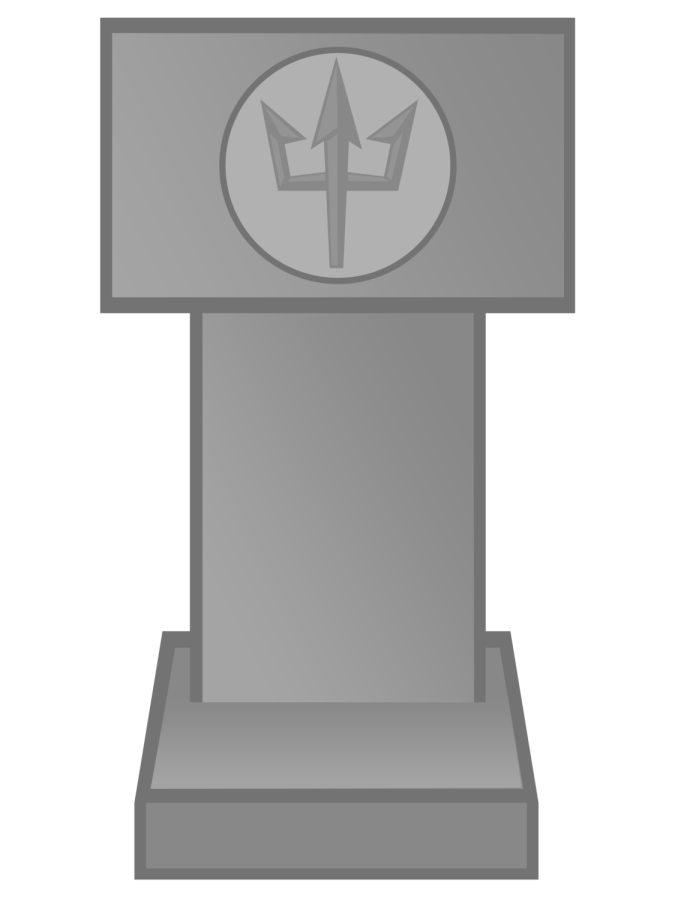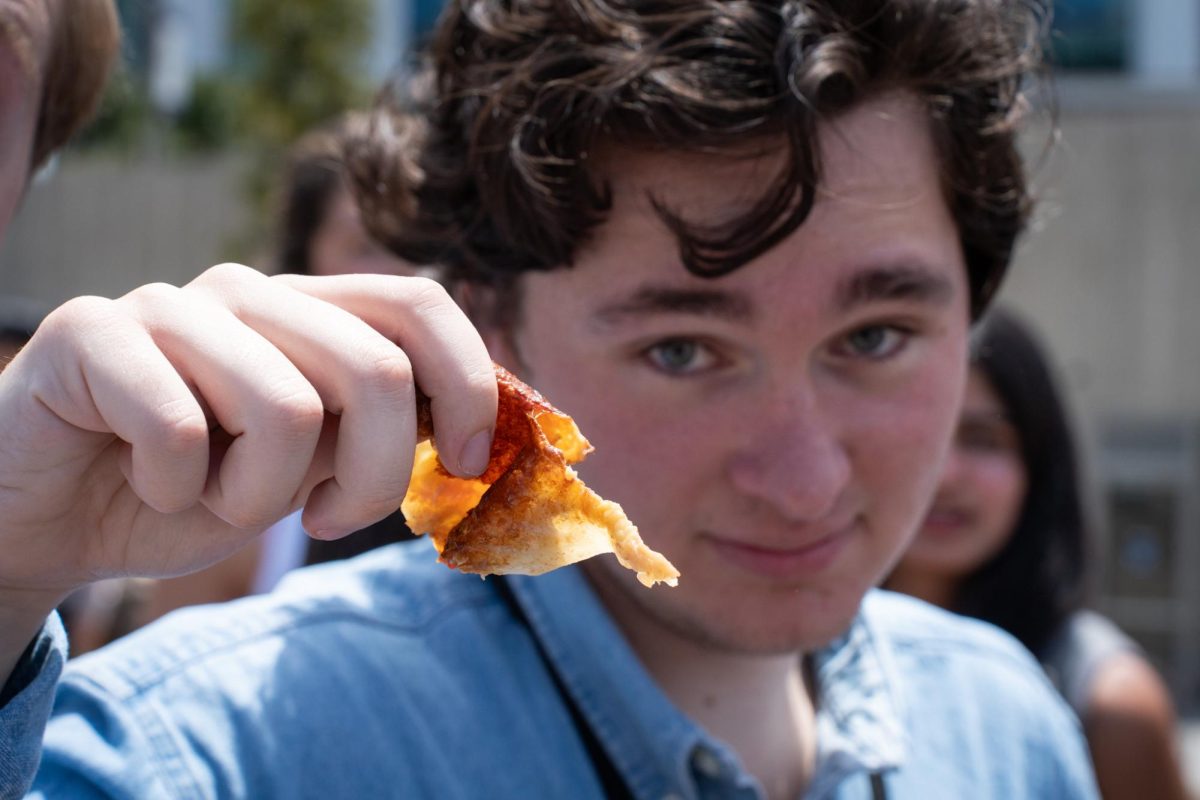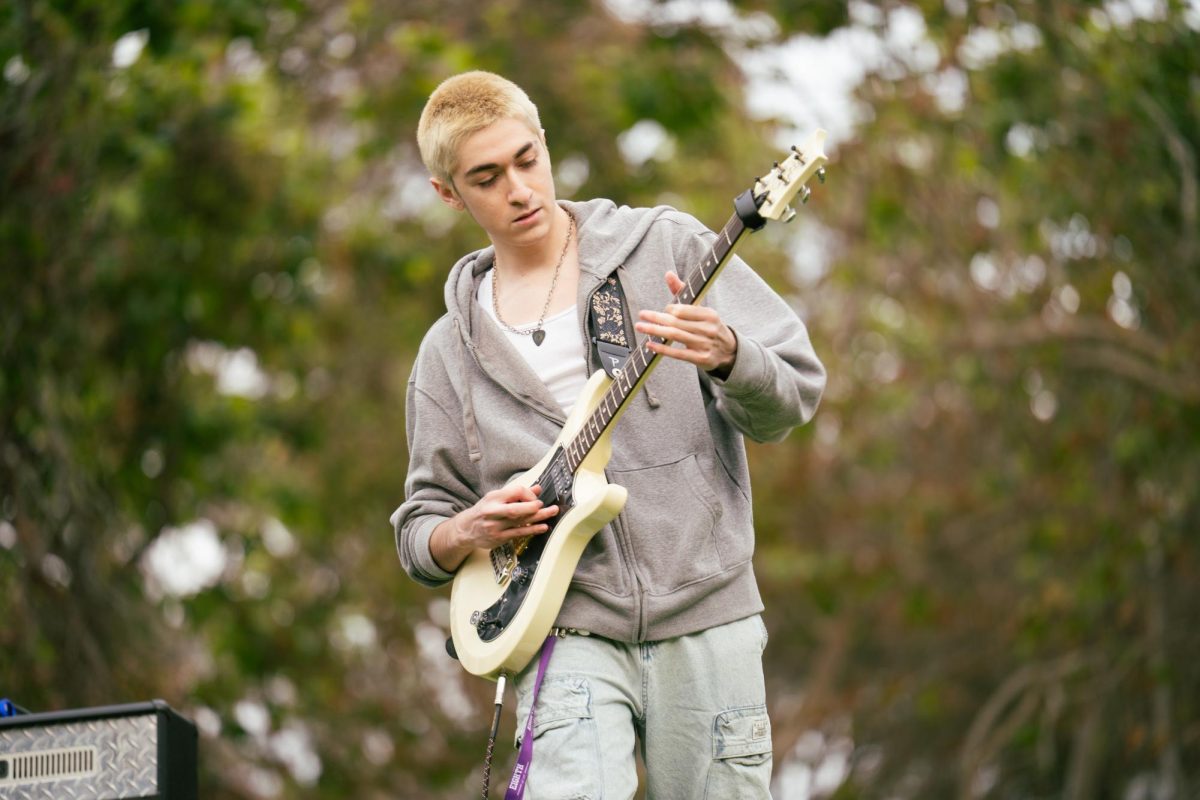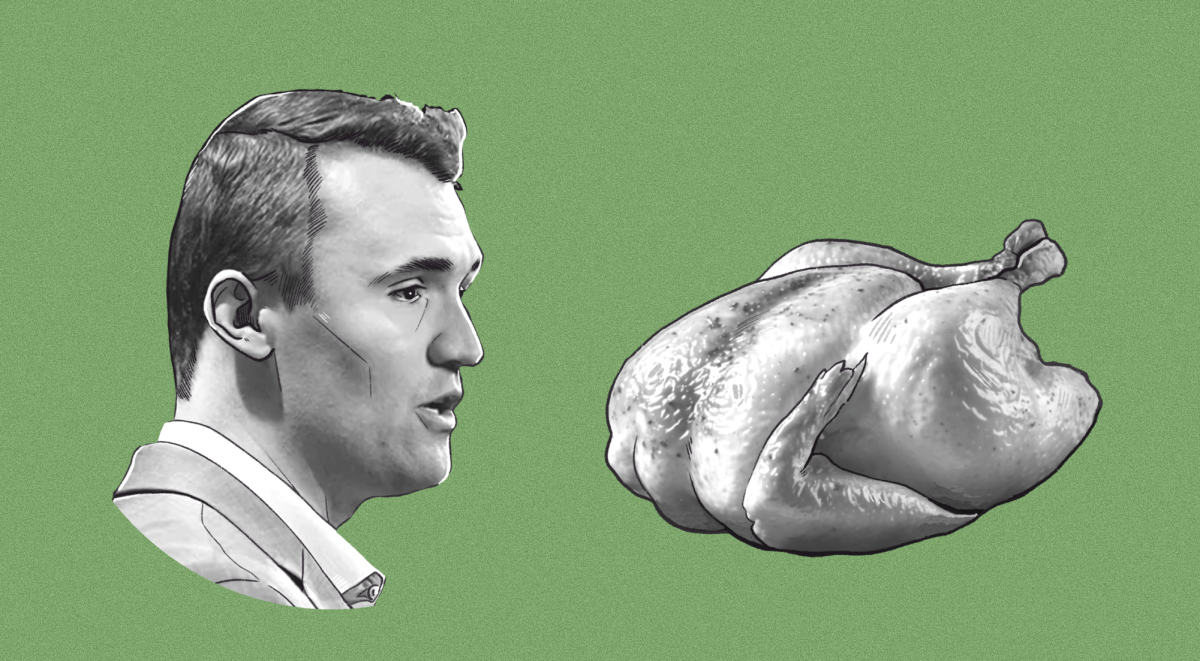Professor Pedro Cabrales moved from the small town of Ocaña, Colombia to the larger city of Bogotá at the age of 14, after his father was kidnapped and murdered. He passed this fact along with a reassuring smile meant to suggest it’s not something worth commenting on anymore.
“Colombia is really violent,” he shrugged, “Things are different down there.”
He said this while showing me a powerpoint containing maps of Colombia and pictures of his pets. He explained to me that he prepared this slideshow to present to anyone who asked him the same question I started our interview with: “Tell me about where you grew up.”
Cabrales earned his bachelor’s and master’s degrees in Mechanical Engineering from La Universidad de Los Andes in Bogotá. His graduate school projects centered around bioengineering and the medical field. Laughing, he recalled one time in which a doctor-in-training at the research hospital mistook him for the delivery boy because of his appearance.
“I was a student,” he exclaimed. “I didn’t care how I looked!”
Cabrales’ graduate work led to a Ph.D. and a job offer, drawing him out of Colombia and into a new biotech company located in San Diego — the only U.S. city he had ever visited. The company had a billion dollars to invest in synthetic blood manufacturing. It went bankrupt within six months.
After seven years of postdoctoral work and private research for the La Jolla Bioengineering Institute, Cabrales became a bioengineering professor at UCSD in 2009. He embraced his lack of teaching experience and thick Colombian accent, engaging students with entertaining, unconventional lectures.
“I taught without knowing if I was doing it right or wrong,” he said. However, after teaching just two courses, he won an award for best teacher in the department. Three of these awards now rest on a trophy case next to two large hunks of glass.
Picking up the glass, he said, “This is really bad. If the chancellor sees this he may fire me.” He explained that what I was looking at was a broken trophy, which he earned for promoting diversity in STEM by appealing to minorities at a Chula Vista high school. He mimed the precarious position of the trophy upon the bookcase, how it fell a day after receiving it. “I need to glue this, this is so bad,” he winced.
Despite all the trophies, Cabrales is most proud of his family. Two chihuahuas, three cats, one wife, an 18-month-old daughter, Lucille, and a baby boy on the way (“He’s gonna be a Pedro!”) are captured in dozens of pictures featured in his slideshow and phone. For this professor, no two days are the same at UCSD or in La Casa de Cabrales — and he wouldn’t have it any other way.








